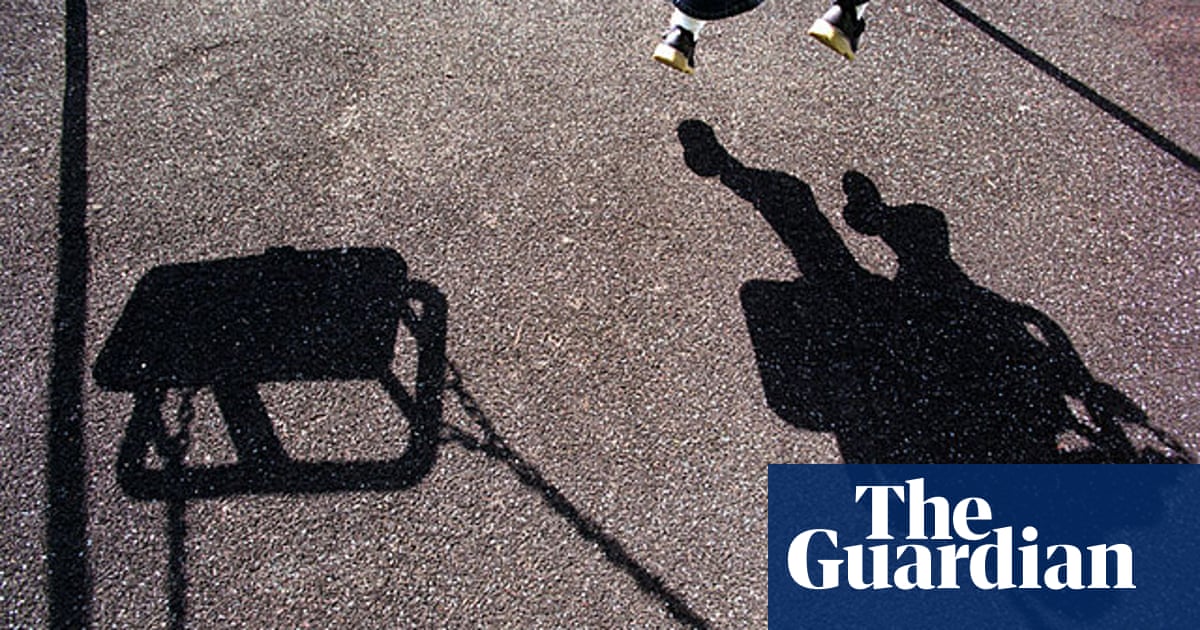
A survivors’ group has secured a total of more than £46m compensation for 1,340 people who suffered “horrific” abuse in children’s care homes that were infiltrated by paedophiles over several decades.
The highest individual payment to date has been £245,000, and with 620 applications still to be reviewed, and more survivors coming forward daily, campaigners believe the overall compensation bill could double.
The money has been paid to people who were in care over a period spanning from the 1930s to the early 1990s, living in homes predominantly run by Lambeth council in south London.
The oldest person to receive compensation so far was in their 90s, and relatives of deceased former residents have also received money.
The scale of the abuse only began to emerge in 2014 when a group was set up to represent children who had been sent to live in the Shirley Oaks home in Croydon, south London – the biggest care home in the country until it closed in 1983.
Since then, the Shirley Oaks Survivors Association (SOSA) has been contacted by 1,760 people who have described suffering sexual, physical and racial abuse, mostly whilst in the care of Lambeth council.
About 70% of the survivors spent time at Shirley Oaks, an 80-acre site with cottages and its own school.
But cases have also emerged from 20 other smaller children’s homes run by the borough. Foster carers and social workers working for the council have also been accused of abuse.
SOSA was set up by Raymond Stevenson, who spent his childhood at Shirley Oaks, and his business partner, Lucia Hinton.
“Every claim is horrendous,” said Stevenson. “And we are still getting new cases every week. We believe there are hundreds more to come forward and the council will have to pay out about £80m in the end. That’s the biggest payout this country has ever seen.”
Stevenson said he and Hinton decided to act when another former resident of Shirley Oaks, his friend Shayne Donnelly, rang him out of the blue and confided he had been sexually abused when he was in care at the home.
The call six years ago made Stevenson so angry he committed to help Donnelly, but he had no idea that within a few years so many others would have come forward, and the council would be forced to issue an apology, and concede that hundreds of children were “incredibly badly let down”.
A long-running Metropolitan police inquiry, Operation Middleton, which looked at all the borough’s children’s homes over a 20-year period, concluded at least 35 men and women had abused children.
But Stevenson believes the situation was much worse.
Detailed testimony provided to SOSA by former residents has led Stevenson to believe up to 120 paedophiles were abusing children over a 60-year period.
“It was almost as if the baton was being passed on, that was the most scary thing. Paedophiles were spreading the word.”
Whilst Stevenson is relieved so many people are now receiving compensation from Lambeth council through a redress scheme, he and Hinton are exasperated by the length of time they say it is taking to make payments to victims.
They estimate it is taking up to 18 months for some applications to be processed. SOSA has repeatedly accused the council of making derisory offers and drawing out the negotiations.
“The council was hellbent in managing the financial risk without any regard for the people giving evidence,” said Stevenson.
SOSA will not be taking part in the independent inquiry into child sexual abuse, chaired by Prof Alexis Jay. Stevenson believes its remit is too narrow and will not expose what really went on in Lambeth over so many years.
Instead, the group is making a documentary that will feature the testimonies of at least 400 survivors. “You cannot go forward until you understand the past,” Stevenson said.
Lambeth council has said it is “truly sorry for what happened to children in our care in the past”.
A council spokesperson said: “Lambeth council gives a full apology for the abuse suffered at our former children’s homes which were open from the 1930s until the 1980s and 90s.
“They were incredibly badly let down and the redress scheme honours our pledge to face up to the mistakes of the past.”
Lambeth denied it had been dragging its feet over providing compensation. It said the individual redress payments were taking, on average, about 97 working days to settle.
“This is far quicker than the equivalent time taken to deal with civil claims of a similar nature.”
It added: “The scheme is designed to make sure survivors receive financial compensation more quickly, and keep more of that compensation, than any alternative form of redress.”












